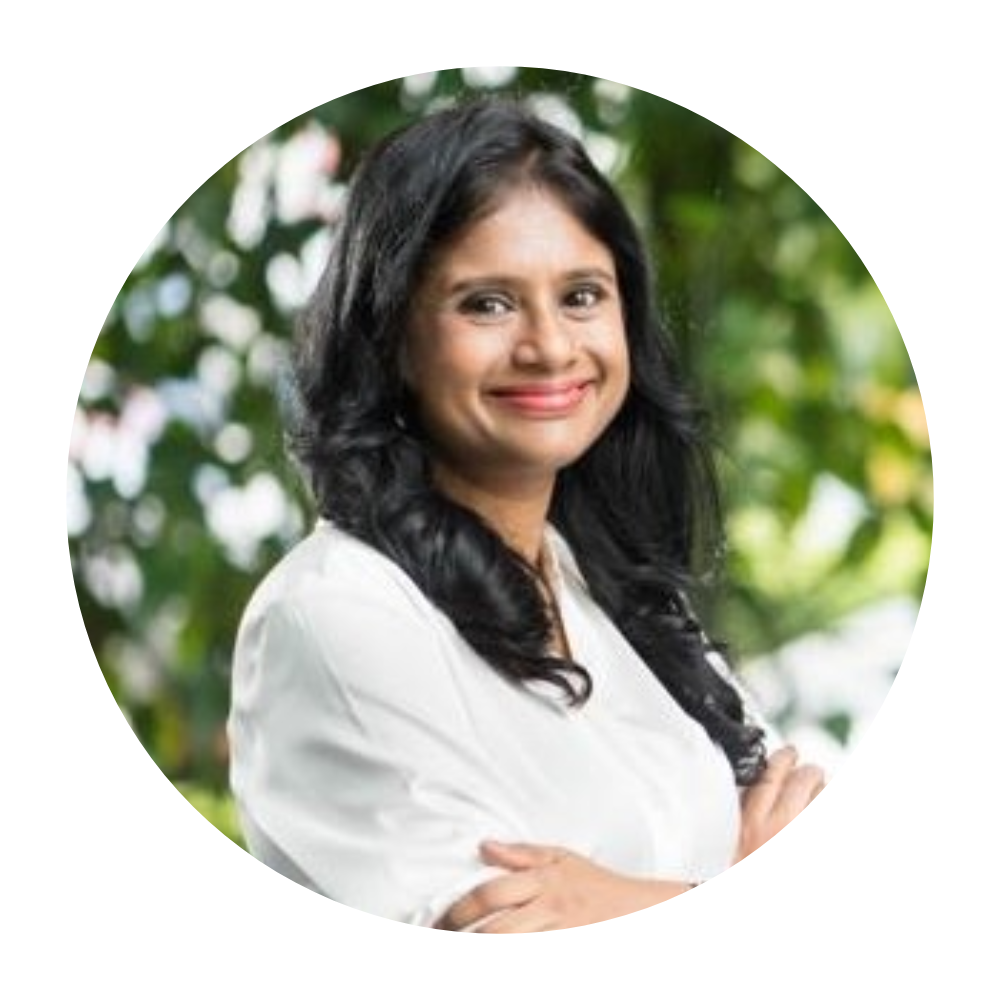Career choices in Malaysia are rarely individual decisions. They are shaped by generations of cultural expectations. Many Gen Z students were raised by Gen X or early Millennial parents who grew up under a survival-first mindset: success meant becoming a doctor, lawyer, or engineer. Stability was safety. Risk was disrespect.
But there are cracks in this mould. Millennial parents raising Gen Alpha are beginning to emphasise individuality, emotional well-being, and creativity. Exposure to global cultures through the internet has opened up new career aspirations, from gaming to climate science and digital art. Some parents now say, ‘I just want my child to be happy,’ a sharp contrast to the survival-driven ethos of their own upbringing.
Yet the contradictions remain. A parent may urge their child to follow their dreams, but panic the moment grades slip or paths look unconventional. With rising living costs and the constant comparisons of social media, the anxiety deepens: ‘Is my child doing enough? Will they be secure?’
Gender expectations complicate the picture further. Girls are often nudged towards ‘safe’ professions aligned with caregiving roles, while boys may be discouraged from pursuing ‘soft’ or ‘feminine’ careers like nursing or fashion. In both cases, passion is filtered through the lens of cultural norms.



